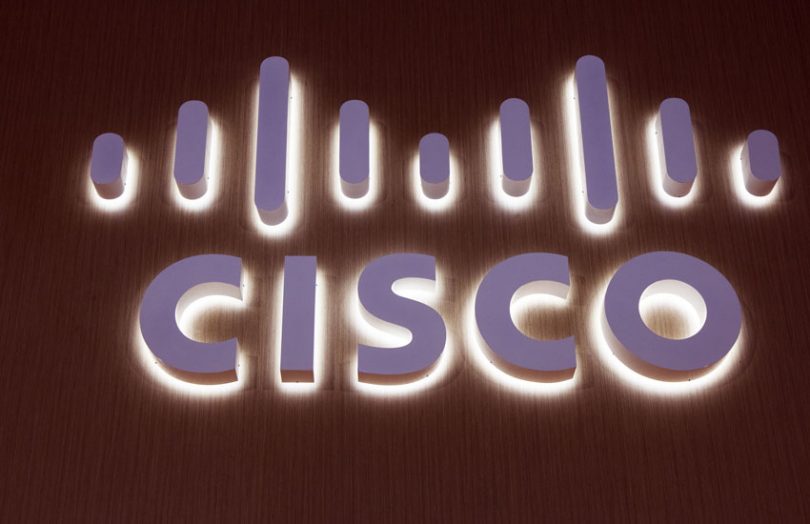Yesterday, Japan’s NEC Corporation announced a collaboration with Cisco Systems to use blockchain for confirming the authenticity of network equipment used for security areas and industrial infrastructure.
Cisco is the American tech giant that develops, manufactures, and sells networking hardware, software, and telecoms equipment. Under the agreement, Cisco’s networking hardware will utilize NEC Blockchain to ensure devices are not tampered with or modified. The duo will both start rolling out network equipment during 2020.
The need for such measures arose out of cybersecurity concerns. A piece of network equipment might be checked at the factory, but it could be tampered with prior to installation.
In the first phase of the initiative, NEC and Cisco will use their proprietary technologies to verify the authenticity of equipment, and then hash the data on a blockchain. Cisco’s ‘Trustworthy’ technology uses device-specific IDs, digital signatures, and other technical elements to verify authenticity. Meanwhile, ‘Tamper Detection’ technology from NEC uses embedded software to monitor for any changes made to the devices.
This data will then be crosschecked with the information recorded by the blockchain, and allow network administrators to check the authenticity of a device during its lifecycle.
Additionally, NEC and Cisco will expand the collaboration for end-to-end monitoring and management of network equipment. The goal is to enable real-time detection of incidents, including during expansion and maintenance. NEC said it plans to use the solution for its own devices in the future.
Although NEC is a Premier member of Hyperledger, it has its own blockchain solution. It uses a novel consensus mechanism which it claims enables it to achieve more than 100,000 transactions per second. Its modular architecture enables it to integrate with platforms like Hyperledger Fabric.
Last year, NEC Argentina announced a partnership with NGO Bitcoin Argentina and IDB Lab to develop a blockchain-based Digital Identity for Inclusion Project.
A few months ago, Ledger Insights reported on contracts by the U.S. Department of Defence (DOD) to secure its communication systems. The DOD awarded a $7.6 million contract to iCAMR to leverage blockchain as a trusted solution for electronic component manufacturing.
Meanwhile, the U.S. Navy is exploring blockchain to track aviation parts manufacturing from the origin as well as maintenance of essential components.






